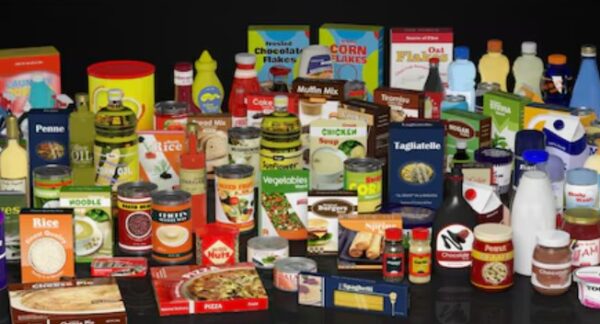FSSAI’s Inspection Checklist Revision: Ensuring Food Safety through food grade packaging in Key Food Segments (Milk, Meat, Fish, and Catering)


Introduction
The Food Safety and Standards Authority of India (FSSAI) has been at the forefront of ensuring food safety and setting high standards for the food industry. Established under the Food Safety and Standards Act, 2006, FSSAI has consistently worked to enhance regulatory frameworks and compliance mechanisms. A significant step in this direction is the recent reclassification of food-grade packaging materials as “critical to food safety” under inspection checklists. This move highlights the vital role packaging plays in maintaining food integrity and safety.
Table of Contents
Background
FSSAI has previously implemented inspection checklists based on Schedule 4 of the Food Safety and Standards (Licensing & Registration of Food Businesses) Regulation, 2011. These checklists were introduced through orders dated 09th March 2018, a corrigendum on 14th May 2020, and an order on 02nd November 2022. These checklists have been instrumental in guiding Food Safety Officers during inspections, ensuring that food businesses adhere to prescribed standards.
The Need for Reclassification
While the existing checklists have been effective, the critical role of packaging materials in ensuring food safety necessitated a re-evaluation. Packaging is not merely a protective layer but an essential component that prevents contamination and preserves food quality. Recognizing this, FSSAI, in alignment with provision 3(14) of the FSS (Packaging) Regulation, 2018, decided to reclassify packaging material requirements as critical.
Revised Inspection Checklists
The revised checklists now mandate that packaging materials used in various sectors must be food-grade, in sound condition, and accompanied by a Certificate of Conformity from an NABL accredited laboratory. This certificate ensures that the materials meet the stringent requirements of the FSS (Packaging) Regulations, 2018. The scoring for this criterion has been increased from 2 to 4 points, reflecting its elevated importance.
Impact on Different Food Industries
The changes affect several key sectors within the food industry. General manufacturing, milk and milk product processing, meat processing, fish and fish products processing, and catering businesses must now ensure their packaging materials comply with the new standards. This shift places a greater emphasis on the quality and safety of packaging, directly impacting how these businesses operate and maintain compliance.
Implementation and Compliance
The updated checklists have been integrated into the FoSCoS system, and all stakeholders, including Food Business Operators and Associations, are required to adhere to these new guidelines. Commissioners of Food Safety across States/UTs and Directors of FSSAI’s Regional Offices have been informed to ensure smooth implementation. The CTO of FSSAI has also been requested to make the updated checklists available on the FSSAI website for easy access and reference.
Conclusion
FSSAI’s initiative to reclassify food-grade packaging materials as critical to food safety marks a significant advancement in regulatory practices. By raising the standards for packaging materials, FSSAI is reinforcing its commitment to consumer protection and food safety. This move not only enhances the transparency and accountability of food businesses but also ensures that every step in the food supply chain meets the highest safety benchmarks. As the food industry adapts to these changes, consumers can expect safer and more reliable food products, underscoring the positive impact of robust regulatory frameworks.
For further details write to contact@indialaw.in





Leave a Reply
You must be logged in to post a comment.